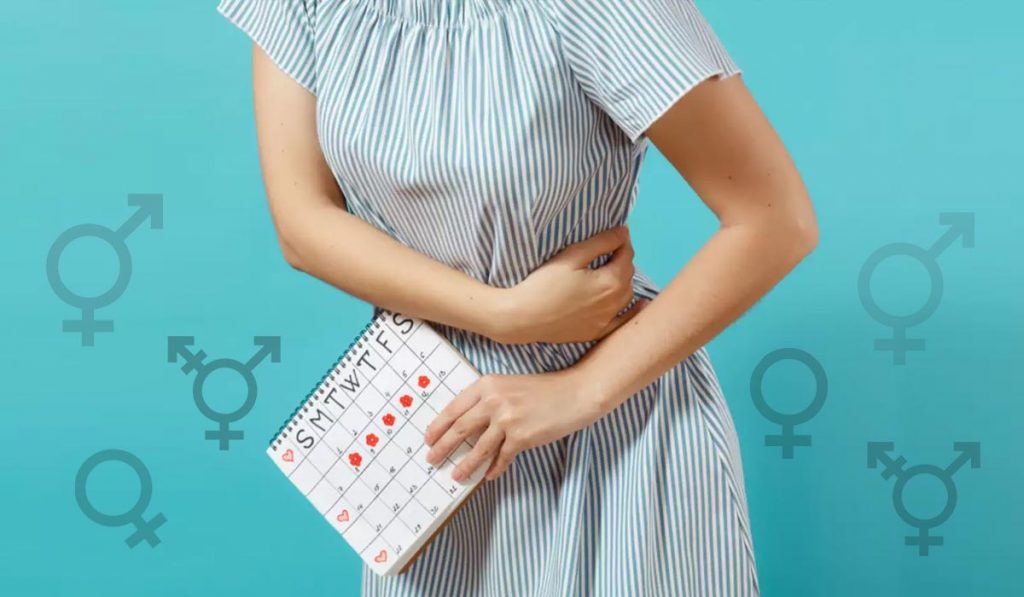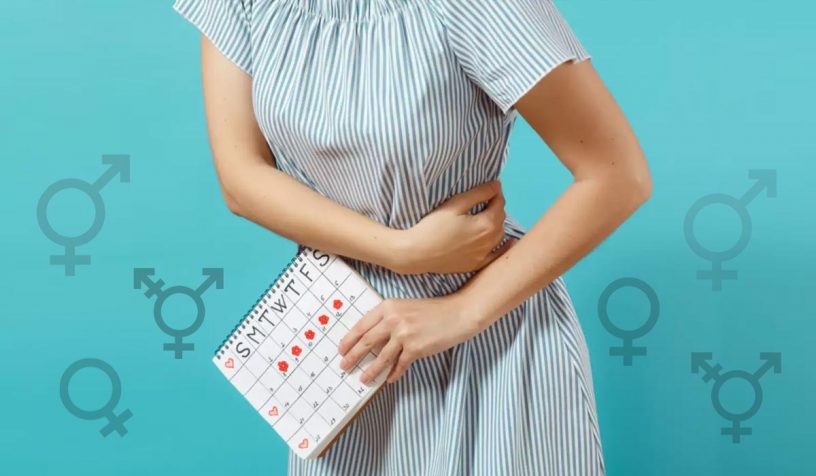
This study examines the unexplored or unsaid narratives of ‘feminine’ cycles for trans and genderqueer individuals.
Authors
Sneha Krishnan, Professor and Assistant Dean, Jindal School of Environment and Sustainability, O.P. Jindal Global University, Sonipat, Haryana, India.
Rohini Menon, Research and Documentation Officer, Environment, Technology and Community Health (ETCH) Consultancy Services.
Summary
Menstruation has been classified as an element of the female discourse that is perceived as a concern for ‘women’ worldwide. This classification has excluded the experiences of trans and genderqueer individuals who go through menstruation due to their biological identity. Although the UN has declared that the stigma and shame around menstruation have caused harm to women and discrimination against them, this article examines the unexplored or unsaid narratives of ‘feminine’ cycles for trans and genderqueer individuals. Gender politics play a vital role in dening whose menstruation is discussed and whose experiences are overlooked.
From public spaces to comfort rooms, the stigma attached to menstruation and hygiene has always triggered fear in trans and non-binary lives. Existing capitalist structures and advertisements continue to portray menstruation as a woman-centric experience, making it difcult to include representations of trans and non-binary people who menstruate. Gendered stereotypes associated with menstrual products, the use of public spaces, and medicinal-health services contradict with the idea of intersectionality all over the globe.
There have also been very few representations of trans and genderqueer individuals who speak about their health and bodies, especially regarding menstruation, from academic and social perspectives.
Certain contestations emerge from the menstrual experiences of trans and non-binary people, their access to menstrual items which are highly gendered and streotyped in the modern society, incluidng the availability of and access to safe and dignied washrooms and toilets in public places and the need for access to medical services and health support.
Lastly, political and legal arenas where regulations defy the ability of persons to self-identify as trans or genderqueer people constrict their bodily experiences around menstruaiton, leading to gender dysphoria for trans persons during mentruation and other mental health impacts as they deal with this trauma of absence or presence of bleeding.
Through informal discussions, the researchers found trans women in India with aspirations to have their own children experienced despair while talking about menstruation because such surgical procedures are not widely available or affordable in India.
Contrastingly, female-bodied, male-identifying persons dealt with gender dysphoria and are actively using social media to bring to the fore their experiences, generate discussion and an awareness amongst their followers.
Published in: Colombia Journal of Gender and Law
To read the full article, please click here


